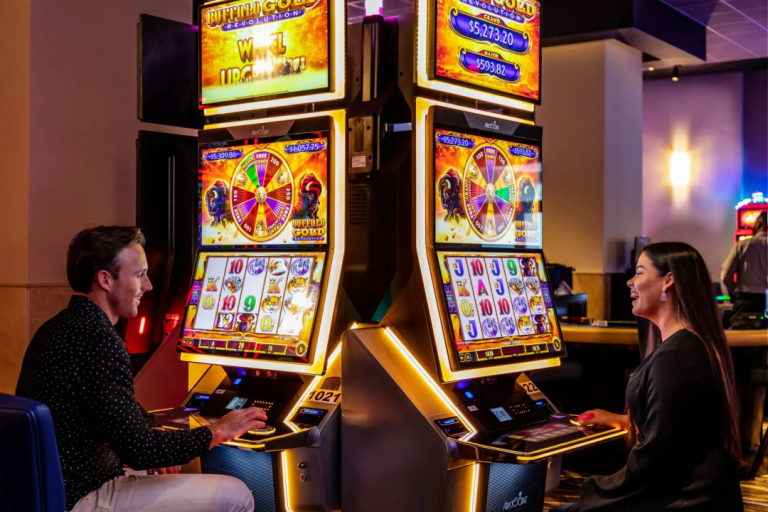Online casino gambling has become increasingly prevalent in recent years, offering a convenient and accessible way for people to experience the thrill of casino games from the comfort of their own homes. The psychology behind online casino gambling, exploring the various factors that contribute to its appeal, and analyzing the psychological mechanisms at ทางเข้า fun88 play.
The advent of สล็อต fun888 เข้าระบบ online casinos has revolutionized the gambling industry, allowing individuals to engage in a wide range of games, from slots to poker, with just a few clicks. The allure of online gambling lies in its accessibility and convenience, providing users with the opportunity to experience the excitement of casino gaming without the need to visit a physical establishment.
The Appeal of Online Casino Gambling
Convenience
One of the primary draws of online casino gambling is its convenience. Players can access their favorite games at any time and from any location, eliminating the need to travel to a land-based casino.
Variety of Games
Online casinos offer a vast array of games to suit every preference and skill level. From traditional table games like blackjack and roulette to modern video slots with immersive graphics and animations, there is something for everyone in the world of online gambling.

Accessibility
Unlike traditional casinos, which may have limited operating hours, online casinos are available 24/7, allowing players to indulge in their favorite pastime whenever the mood strikes.
Psychological Factors Driving Online Casino Gambling
Dopamine Release
The act of gambling triggers the release of dopamine in the brain, creating feelings of pleasure and satisfaction. This neurotransmitter is associated with reward and reinforcement, making the experience of winning especially gratifying.
Cognitive Biases
People are susceptible to various cognitive biases when gambling, leading them to make irrational decisions based on faulty reasoning. Common biases include overconfidence, where individuals believe they have more control over the outcome of a game than they actually do, and the illusion of control, where players erroneously believe they can influence the outcome through skill or strategy.









